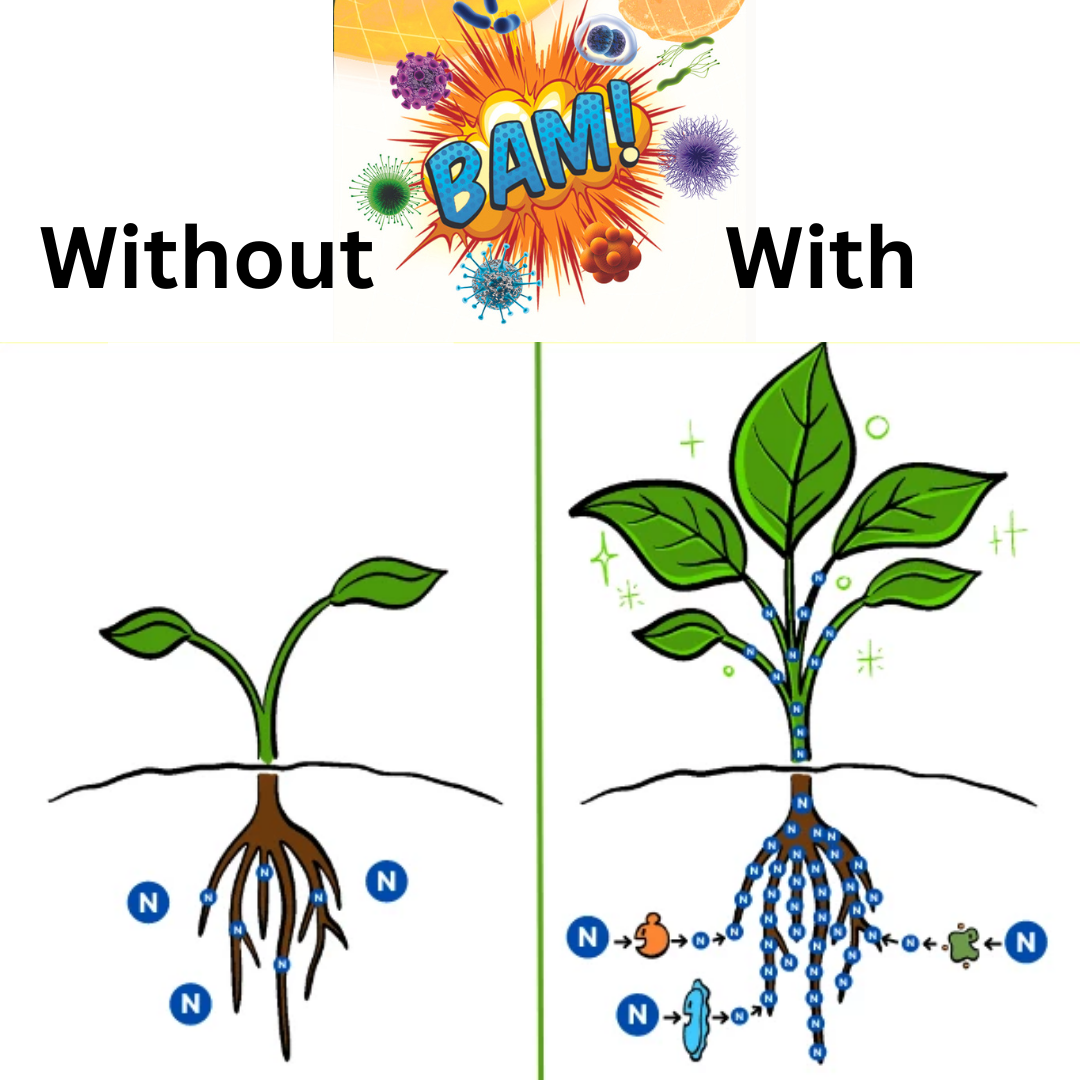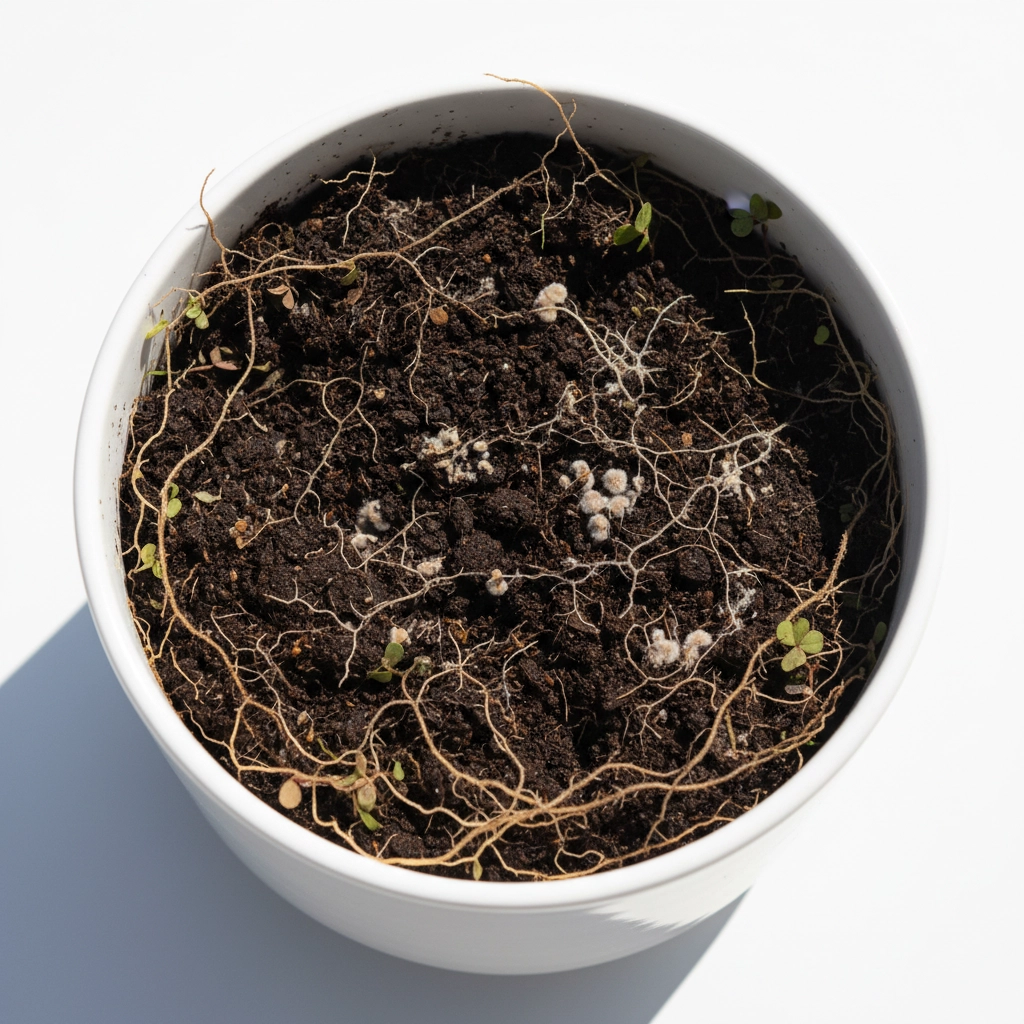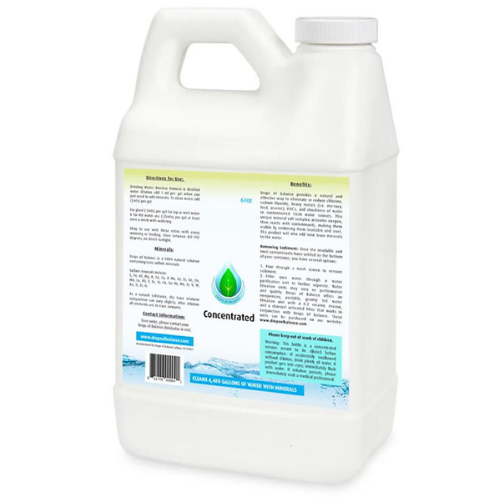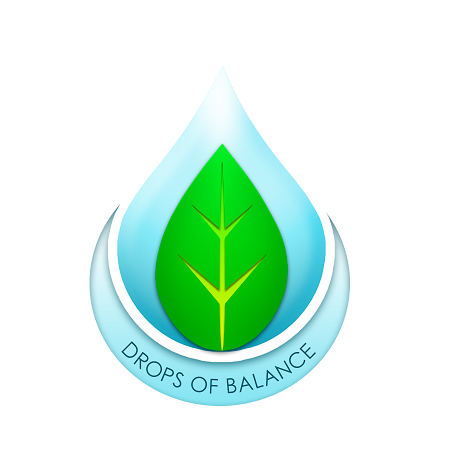
Organic Fertilizer vs Chemical Fertilizer: Which Is Better For Your Tomatoes?
Every tomato gardener faces the same crucial decision: organic or chemical fertilizer? The answer isn't as straightforward as you might think, but research increasingly points toward organic options as the winner for both plant health and fruit quality.
Let's break down everything you need to know about fertilizer for tomatoes, so you can make the best choice for your garden.
What Makes Tomatoes Different from Other Plants?
Tomatoes are heavy feeders with specific nutritional needs. They require consistent nitrogen for leafy growth, phosphorus for strong root development and flower production, and potassium for overall plant health and disease resistance. But here's what most gardeners miss: tomatoes also need trace minerals like calcium, magnesium, and zinc for optimal fruit development.
This is where the organic vs chemical debate gets interesting. Chemical fertilizers typically focus on the "big three" nutrients (N-P-K), while organic options provide a broader spectrum of plant nutrition that tomatoes actually crave.
The Case for Organic Fertilizer

Superior Fruit Quality
Research consistently shows that organic fertilizers produce better-tasting, more nutritious tomatoes. Studies reveal that organically fertilized tomatoes have higher sugar content, increased lycopene levels, and superior overall flavor profiles compared to their chemically-fed counterparts.
The difference isn't just taste: it's measurable nutrition. Organic tomatoes typically contain more antioxidants and beneficial compounds that make them not just better-tasting, but healthier for your family.
Soil Health Benefits
Organic fertilizers work with nature, not against it. They feed beneficial soil microbes that form symbiotic relationships with your tomato plants' roots. These microorganisms help break down nutrients into forms your plants can easily absorb, creating a natural nutrient delivery system that lasts throughout the growing season.
This biological activity improves soil structure over time, creating better water retention and drainage: both crucial for healthy tomato production.
Trace Minerals for Plants: The Hidden Advantage
Here's where things get really interesting for tomato growers. Organic fertilizers naturally contain trace minerals that chemical options often lack. These micronutrients play crucial roles in plant nutrition:
- Calcium: Prevents blossom end rot, a common tomato problem
- Magnesium: Essential for chlorophyll production and photosynthesis
- Iron: Prevents yellowing leaves and supports healthy growth
- Zinc: Aids in enzyme function and growth regulation
When you choose organic fertilizers, you're giving your tomatoes access to these essential trace minerals naturally.

The Chemical Fertilizer Perspective
Quick Results
Chemical fertilizers deliver nutrients in immediately available forms. If your tomatoes show signs of nitrogen deficiency: yellowing lower leaves, stunted growth: a chemical fertilizer can provide rapid greening and growth response.
This speed can be valuable when you're dealing with severe nutrient deficiencies or need to rescue struggling plants mid-season.
Precise Nutrient Control
Chemical formulations allow for exact nutrient ratios. You can find fertilizers specifically designed for tomatoes with precise N-P-K ratios like 10-10-10 or 5-10-5, giving you control over what your plants receive.
Cost and Convenience
Chemical fertilizers are typically less expensive upfront and require smaller application volumes due to their concentrated nature.
The Hidden Costs of Chemical Fertilizers
While chemical fertilizers might seem like the economical choice, they come with hidden costs that affect long-term garden health:
Soil Degradation
Continuous chemical fertilizer use can damage soil biology. These products don't feed beneficial microorganisms, and over time, can actually reduce microbial populations in your soil. This creates a dependency cycle: your plants become reliant on synthetic inputs because the natural soil ecosystem has been disrupted.
Water Quality Concerns
Chemical fertilizers can leach into groundwater and contaminate water supplies. This environmental impact extends beyond your garden and affects your community's water quality.
Nutrient Imbalances
Focusing solely on N-P-K can create imbalances in soil chemistry. Plants may show rapid green growth but lack the trace minerals needed for optimal fruit development and disease resistance.

Making Water Work Better for Your Tomatoes
Whether you choose organic or chemical fertilizers, your water quality significantly impacts nutrient uptake. Most tap water contains chlorine, fluoride, and other chemicals that can harm beneficial soil microbes and interfere with plant nutrition.
This is where a water treatment solution like Drops of Balance becomes valuable. By removing harmful chemicals from your water while adding essential trace minerals, you create an optimal foundation for plant nutrition: regardless of your fertilizer choice.
Clean, mineral-rich water helps organic fertilizers work more effectively by supporting the microbial activity that makes nutrients available to plants. It also ensures that chemical fertilizers aren't competing with water contaminants for uptake in plant roots.

Practical Application: How to Fertilize Tomatoes
Organic Approach
Timing: Apply organic fertilizer every 4-6 weeks throughout the growing season.
Method: Work compost into soil before planting, then side-dress with organic fertilizer when plants begin flowering.
Best Options: Look for organic fertilizers that include both macronutrients and trace minerals. Bone meal, compost, and fish emulsion are excellent choices.
Chemical Approach
Timing: Apply every 2-3 weeks during active growth periods.
Method: Follow package directions carefully to avoid over-fertilization.
Caution: Monitor plants closely for signs of nutrient burn or excessive vegetative growth at the expense of fruit production.
The Hybrid Approach
Many successful gardeners combine methods: they build soil health with organic matter and supplement with targeted chemical inputs when specific deficiencies arise. This approach can work well if you prioritize soil health while addressing immediate plant needs.
Which Fertilizer Wins for Tomatoes?
Based on current research and long-term garden health considerations, organic fertilizers emerge as the clear winner for most tomato growers. They produce higher-quality fruit, build soil health over time, and provide the complete nutrition spectrum that tomatoes need to thrive.
However, the "best" choice depends on your specific situation:
Choose Organic If:
- You prioritize long-term soil health
- You want maximum flavor and nutrition in your tomatoes
- You're concerned about environmental impact
- You have time for slower nutrient release
Choose Chemical If:
- You need immediate results for deficiency correction
- Budget is the primary concern
- You're growing in containers with artificial growing media
Consider Both If:
- You want to build soil health while addressing specific deficiencies
- You're transitioning from chemical to organic growing methods
The Bottom Line
The evidence increasingly supports organic fertilizers for tomato production. They create healthier soil, produce better-tasting fruit, and support sustainable growing practices that benefit your garden for years to come.
Whatever fertilizer you choose, remember that plant nutrition starts with water quality. Clean, mineral-rich water provides the foundation that allows any fertilizer: organic or chemical: to work at its full potential.
Your tomatoes deserve the best nutrition you can provide. Choose wisely, and enjoy the harvest that follows.
